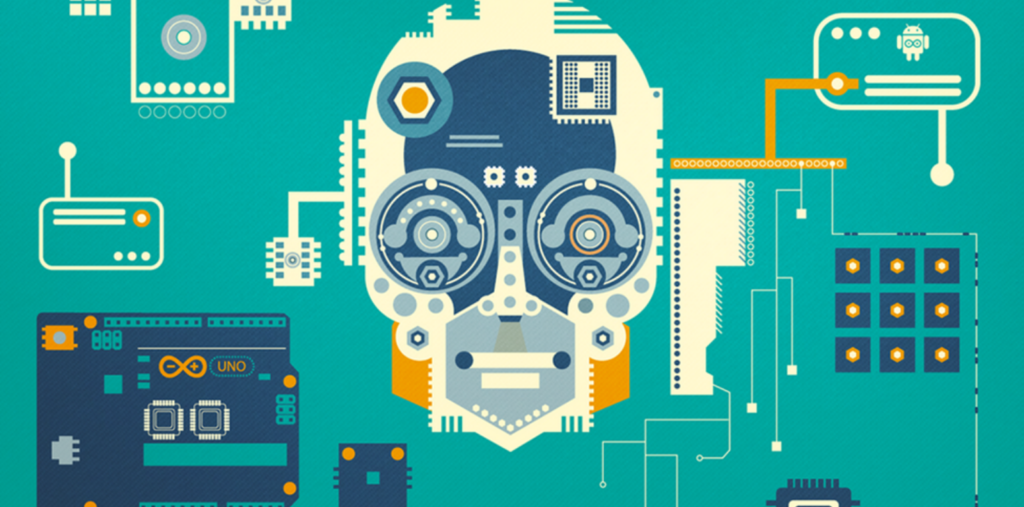blog post
Pioneering Data-Driven Policy Solutions at MIT

A Global Convergence for Policy Innovation
The sixth annual MIT Policy Hackathon marked a significant event where participants from across the globe convened to forge data-informed policy solutions. Tackling diverse challenges in health, housing, and more, this event symbolized a melting pot of ideas and innovation.
At the heart of the Hackathon were first-year students from MIT’s Social and Engineering Systems (SES) doctoral program. Their shared passion for addressing housing inequality exemplifies the event’s blending of academic rigor with real-world societal issues. This platform provided them, and many others, an opportunity to dive into hands-on research, tackling immediate and tangible problems.
The Theme of the Year: Leveraging AI for Policy Generation
This year’s theme, “Hack-GPT: Generating the Policy of Tomorrow,” focused on the potential of generative AI in shaping policy solutions. Participants were encouraged to integrate AI tools into their problem-solving approach, exploring the implications these technologies have across various societal challenges.
The MIT Policy Hackathon, traditionally a blend of in-person and online participation, pivoted to a fully virtual format this year. This strategic shift enabled broader global participation and fostered a more inclusive environment for international attendees, offering a unique perspective on global policy issues.
Dynamic Solutions
Team Ctrl+Alt+Defeat, demonstrated the Hackathon’s dynamic nature. They addressed the complex issue of the U.S. eviction crisis which is forcing unreported thousands from their homes due to impossibly high inflation and employment challenges. This is a classic problem model that showcases the event’s ability to inspire rapid development and collaboration on scalable solutions.
Two Doctoral students named Liu and Peake competed in the housing challenge category, where in addition to the possibility of solving a thorny problem, they could gain research experience in their actual field of study.
Typically, while researching a Doctoral thesis, students don’t have many direct opportunities to work with rich data lakes and in this case, lots of actual housing data. Working with other lab students, in addition to meeting people from MIT and around the world who are interested in tackling similar questions and seeing how they think about things differently, contributes immeasurably to a project’s efficacy and student growth.
Rapid Development and Scalability
Joined by a Boston-based paralegal, as well as two software engineers from Canada, Liu and Peake formed what would end up being the winning team in their category and quickly began organizing a plan to address the eviction crisis in the United States.
“I think we were kind of surprised by the scope of the question,” Peake laughs. “In the end, I think having such a large scope motivated us to think about it in a more realistic kind of way — how could we come up with a solution that was adaptable and therefore could be replicated to tackle different kinds of problems.”
“We got our challenge description in the evening, came out to the purple common area in the IDSS building and literally it took maybe an hour and we drafted up the entire project from start to finish,” Liu says. “Then our software engineer partners had a dashboard built by 1 a.m. — I feel like the hackathon really promotes that really fast dynamic work stream.”
When that magic hits, it just reminds you of the part of research that people don’t talk about, and it was really a great experience to have,” Liu adds. Yeah, just like a startup.
Bringing Fresh Perspectives to Global Challenges
The Hackathon also served as a platform for companies like Veridos to present real-world challenges, such as universal birth registration. This approach not only brought fresh perspectives to existing problems but also connected participants with industry leaders to explore innovative solutions.
This 6th edition of the Hackathon introduced new categories like aerospace challenges in the realm of environmental justice. This expansion reflects the Hackathon’s commitment to exploring uncharted territories in policy-making, bridging the gap between diverse fields like space, environment, and climate.
The MIT Policy Hackathon transcends the traditional boundaries of a hackathon, evolving into a platform for real-world change. Its focus on policy solutions demonstrates the potential of such collaborative events to address and solve critical global issues, paving the way for innovative policy development and implementation.
When whatever color hat you have on is transcended by global policy considerations, it changes the nature of computer hacking and elevates it to a level that quotidian citizens, students and business leaders alike can relate to and prosper from.
The fact that these sorts of things start at MIT is never a surprise and is testimony to both the process and value of getting smarter and the opportunity to apply that newfound intelligence to global problems that truly matter.
Author
Steve King
Managing Director, CyberEd
King, an experienced cybersecurity professional, has served in senior leadership roles in technology development for the past 20 years. He has founded nine startups, including Endymion Systems and seeCommerce. He has held leadership roles in marketing and product development, operating as CEO, CTO and CISO for several startups, including Netswitch Technology Management. He also served as CIO for Memorex and was the co-founder of the Cambridge Systems Group.

